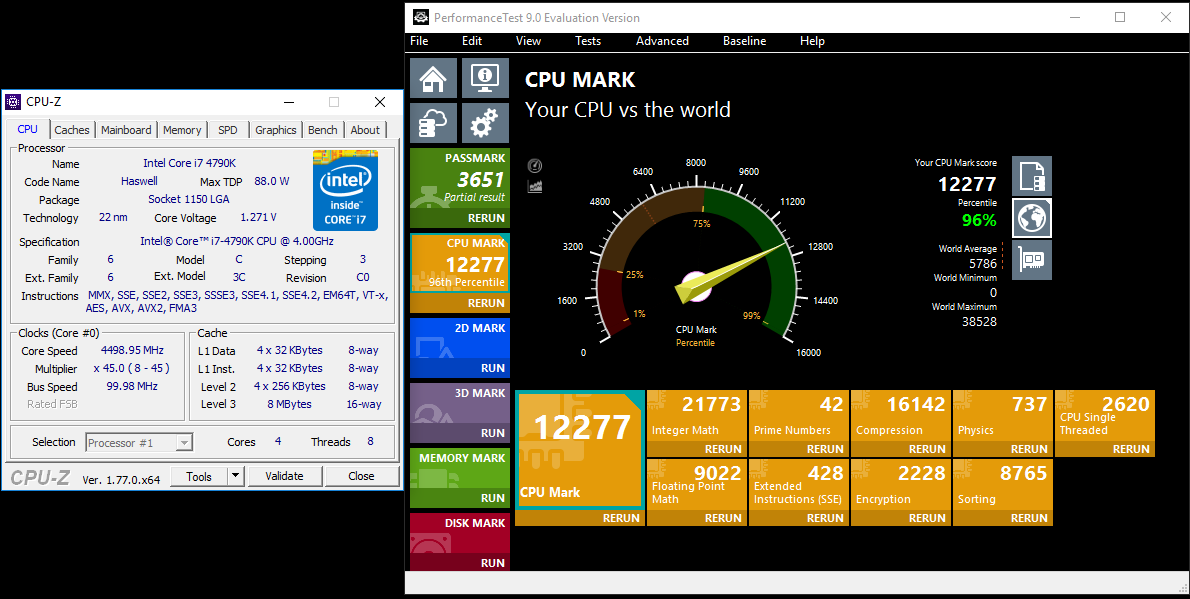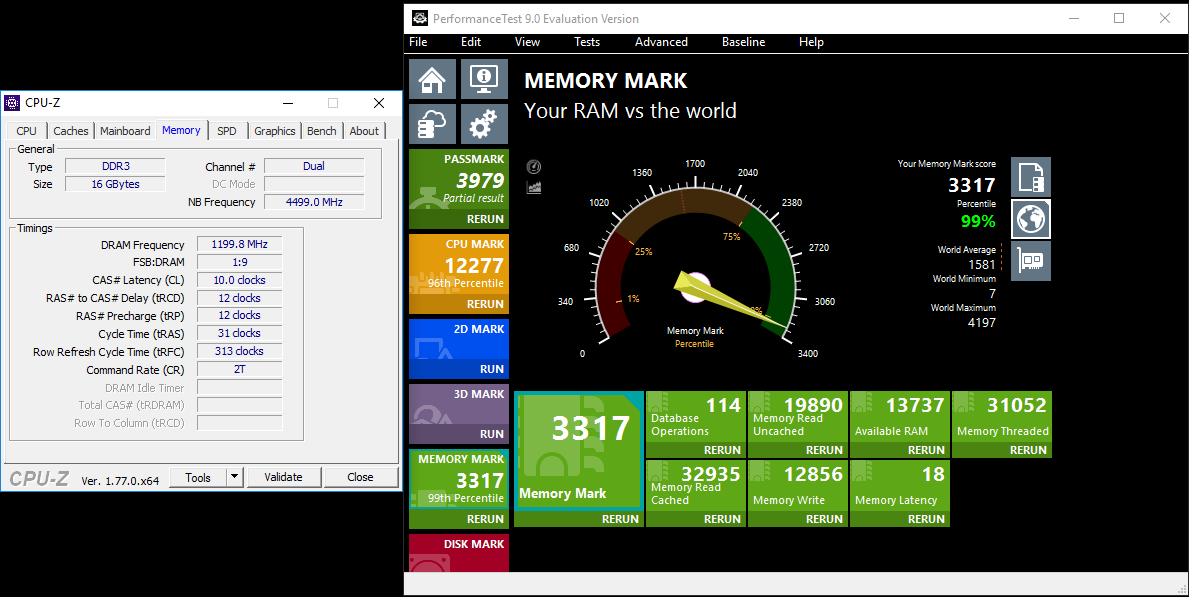collegeboy69us
Supreme [H]ardness
- Joined
- Jul 27, 2003
- Messages
- 5,255
Expected, if you already have a Skylake you are gaining nothing really, if you are building new then go with the latest unless cost is a factor.
Cost, Kaby should push down Skylake prices making them even more practical for a new build cost wise.
I see the 6600K being relevant for another year or two and reasonable.
My 2500k lasted for 5 years, and truth be told I didn't really *need* to upgrade to my current 6600k.
The way things are going, I'll be rocking my current CPU for another 4 years simply due to the fact that there's nothing that will offer that sort of price/performance numbers for a long long time.
![[H]ard|Forum](/styles/hardforum/xenforo/logo_dark.png)



